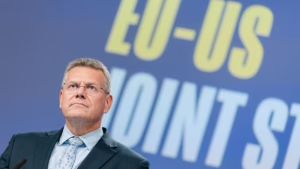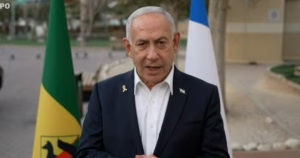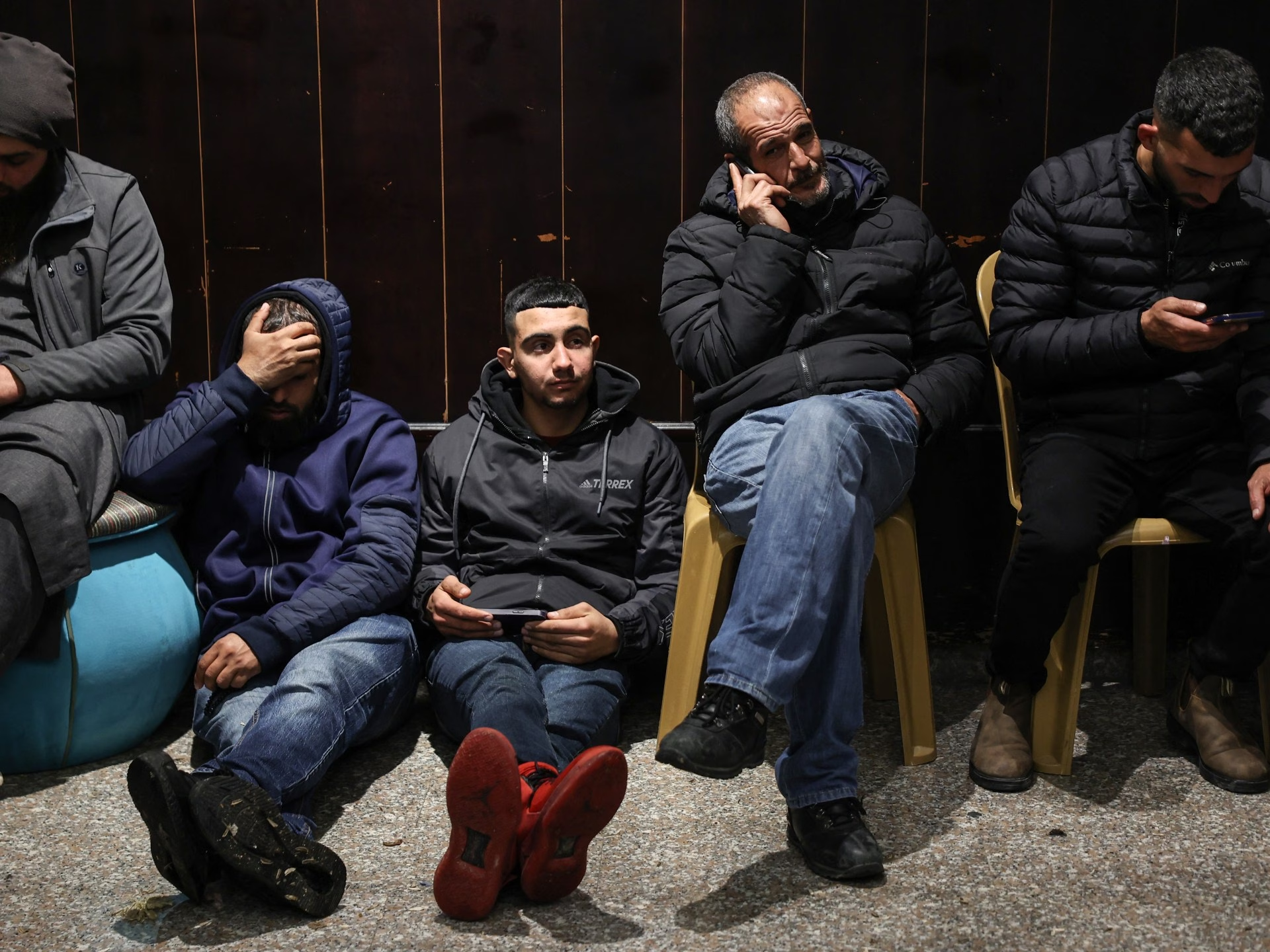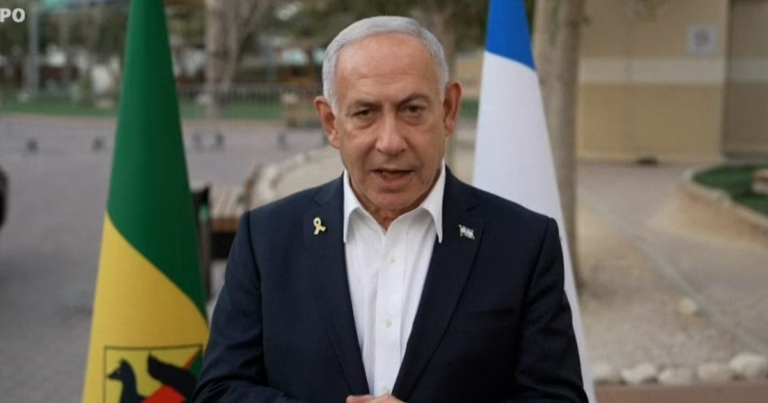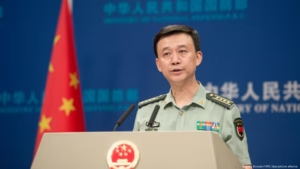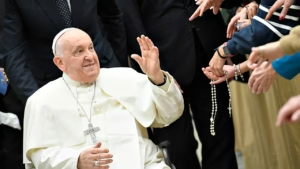Prime Minister Benjamin Netanyahu Suspends Prisoner Release Until Hamas Stops ‘Humiliating Ceremonies’
<
div aria-live=”polite” aria-atomic=”true”>The Israeli government has delayed the scheduled release of 620 Palestinian prisoners, citing Hamas’s ‘humiliating ceremonies’ conducted during the release of Israeli captives. This decision has drawn criticism from Hamas, which condemns it as a breach of the ceasefire terms.
Prime Minister Netanyahu stated on Sunday that the release of Palestinians, slated for the previous day, would be postponed until Hamas ceases its “humiliating ceremonies” associated with the liberation of Israeli hosts, a condition not initially outlined in the ceasefire agreement.
According to Netanyahu’s office, “In response to Hamas’s ongoing breaches, including the disrespectful ceremonies and the exploitation of hostages for propaganda purposes, the planned release of terrorists has been deferred until the assurance of further hostages’ release is without such humiliations.”
Hamas, however, accused Netanyahu of undermining the ceasefire, alleging that it has complied with all its obligations, including the release of six Israeli captives on Saturday, marking the end of the first phase’s captives’ release.
“More than 100 Palestinians have been killed in the first phase, there has been limited entry of humanitarian aid into Gaza, and the evacuation from the Netzarim Corridor has been delayed,” Hamas official Basem Naim told Al Jazeera, pointing out the violations and the incomplete aspects of the ceasefire.
“We remain committed to the deal but have fulfilled our part of the agreement entirely,” Naim stated.
Since the ceasefire took effect on January 19, Hamas has released 25 Israeli captives, with the releases accompanied by theatrical displays featuring masked fighters. The agreement has no explicit instructions regarding how Hamas and Israel should handle the releases.
This decision by Israel, according to Al Jazeera’s correspondent Nour Odeh in Amman, contradicts the advice of Israel’s security sector and raises significant questions about the future mediation efforts aimed at prisoner releases and captive exchanges.
In Gaza and the occupied West Bank, families eagerly awaited their loved ones to be freed from Israeli prisons. The Palestinian Prisoner’s Society announced that 620 inmates, mostly from Gaza arrested during the conflict, were to be released.
“We have sat for many hours, but with no results. What else can we do?” inquired Khaled Khalil al-Jabarin, whose nephew is in detention, speaking to Al Jazeera.
Others, like Shireen al-Hamamreh, sister to a prisoner, described the wait as “very difficult,” criticizing Netanyahu’s constant delays: “We wait to embrace them and see them, but Netanyahu continuously delays,” she said from Khan Younis in southern Gaza.
“We hope they will be released soon, God willing,” she added.
